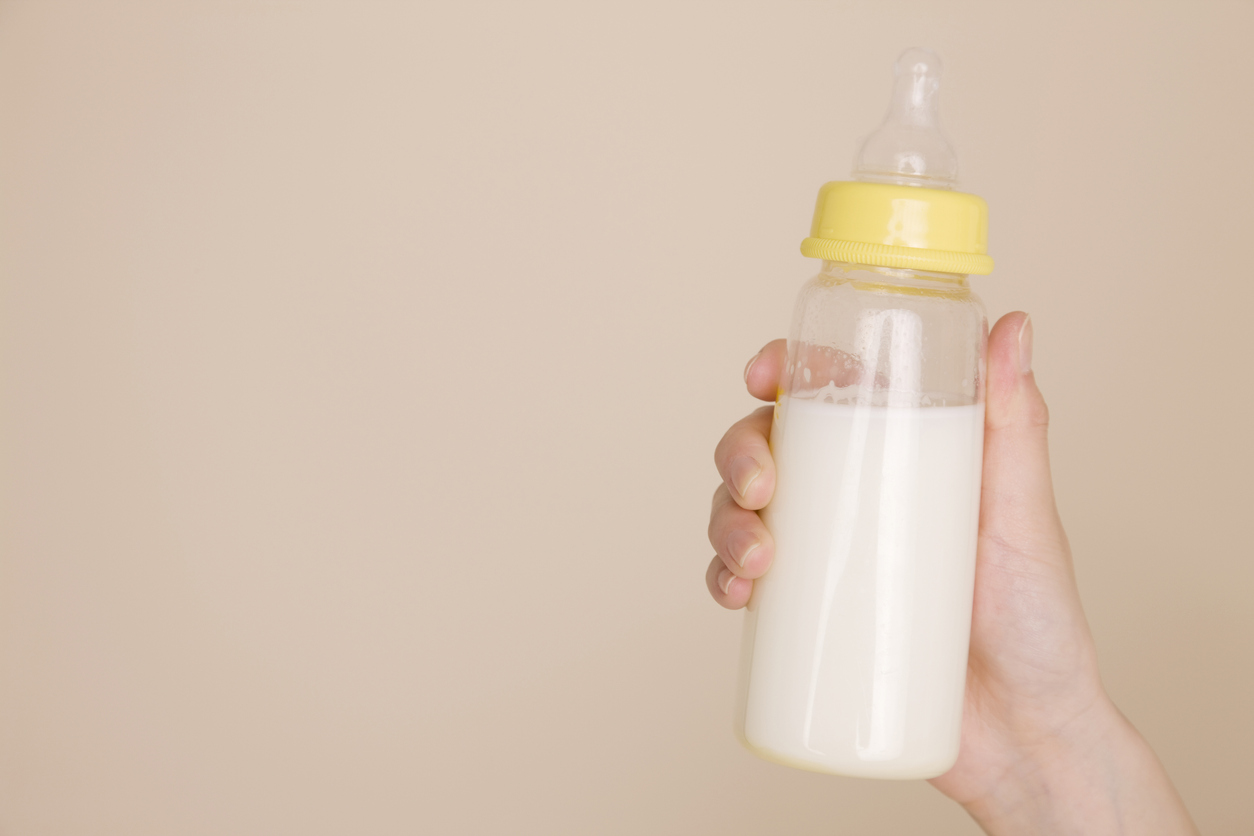The recently approved regulation (*) eliminates the need of a collective bargaining or individual agreement with the company when approving the accumulation of breastfeeding leave but does not change anything in terms of the duration of this leave.
In the era of clickbait – in Spanish, according to the RAE, cyberhook, cyberbait or clickcatcher – the new leave for breastfeeding and, especially, its duration is grabbing the headlines of the Spanish press. We analyze it in this post.
The entry into force of Royal Decree-law 7/2023 incorporates a multitude of legislative novelties (as we advance here), among which is the amendment of article 37.4 of the Workers’ Statute (henceforth WS), which contemplates the right of employees to one hour of absence from work, which can be divided into two fractions, for the breastfeeding of the child until he or she is nine months old; It can be replaced by a reduction of the working day by half an hour with the same purpose or accumulate it in full days.
Which is the modification introduced by this new royal decreelLaw? Has the way in which breastfeeding leave is taken changed?
The reality is that, according to the literal nature of the regulation, the only, and no less significant, change introduced by the new royal decree-law is that the reference to collective bargaining or individual agreement with the company as an enabling instrument to be able to accumulate breastfeeding leave on continuous days is eliminated.
No modification is foreseen in terms of (i) the daily hours of leave -1 hour-; or (ii) with respect to the age of the newborn up to which such accumulation occurs -9 months-.
From the new wording of article 37.4 of the WS, it can hardly be understood that the number of days in which leave for breastfeeding can be accumulated has undergone any modification.
In fact, in the judgment of the High Court of Justice of Madrid, of November 27, 2020 (Rec. 333/2020), it was declared proven that, only in certain circumstances, employees could accumulate up to 28 working days:
- If the employee has a full working day of eight hours a day, he or she is entitled to 112 hours. If these are accumulated, they correspond to 14 working days.
- If the employee works a four-hour day, he or she is entitled to 112 hours. If these are accumulated, you will be entitled to 28 business days.
The regulation raises other questions such as whether the deletion of the reference to collective bargaining prevents the issue from being regulated by a collective agreement or whether, respecting the minimum legal right enshrined, the regulation of the agreement could be made mandatory.
We will have to wait and see what interpretation the courts and tribunals of the social jurisdiction make with respect to the brand-new section 4 of article 37 of the WS, but for now it can be understood that:
- Employees have the right to take leave by accumulating it in full working days, regardless of its provision in a collective agreement or individual agreement.
- There has been no change in the time of the leave. The same 14 or 28 days that, with a day of 8 or 4 hours, respectively, could be enjoyed until a few days ago, are the ones that can be enjoyed.
(*) The regulation that modified the infant care leave analysed here was repealed as it was not approved by the Congress of Deputies, as we explain here.
Rafael Pozueta
Labor and Employment Department of Garrigues






